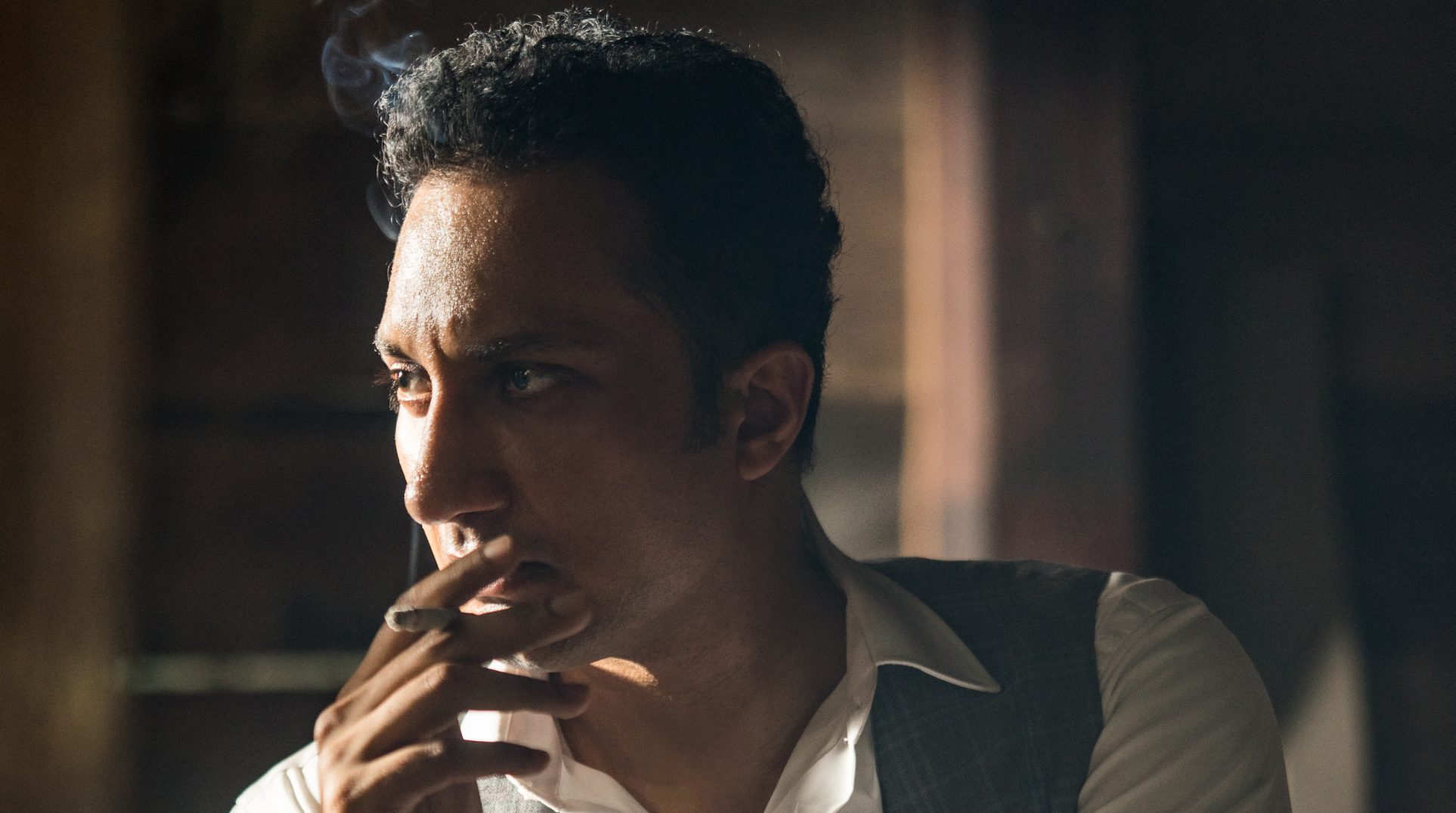Franklin Livingston is an American actor and director who brings a unique perspective to storytelling. Rather than relying on conventional plot devices, he delves into the psychodynamics of different social classes to create captivating narratives that challenge viewers’ assumptions. What’s even more impressive is the breadth of educational experience that he brings to his craft. After studying at institutions like Yale University and New York University, Franklin has honed his skills as a director and actor, developing a repertoire of techniques that he uses to help others grow in their craft as well. It’s this desire to build up an artistic community that makes Franklin’s film sets such an immersive and collaborative environment. Young actors and industry veterans alike have the opportunity to learn from an accomplished professional who’s truly dedicated to his craft.
Franklin Livingston’s approach to creating an immersive and collaborative atmosphere on film sets is truly remarkable. He not only provides a valuable learning experience for young and veteran actors but also encourages them to explore a range of diverse acting techniques; from modern styles of performances to emotional and vocal range and choreography. The world of acting can be challenging for men who are often subjected to social norms that require them to limit their emotions, but Franklin challenges these norms. He encourages men to step outside the traditional roles assigned to them and explore their feelings, creating a safe space where actors can break free from societal expectations and be their authentic selves. Franklin discusses the importance of men exploring their emotions and vulnerability even outside the world of acting.
Do you believe that the U.S Society has allowed for men to explore their emotions and vulnerability?
No, I have observed and experienced firsthand the pressure on men to be the providers and leaders, which often leads to the suppression of emotions. It’s heart-wrenching to see men going through a break-up and not receiving the same level of support as women, often being told to just “man up” and move on. This toxic expectation not only harms men but also damages their relationships with themselves and others. In a world where deep connections and friendships are uncommon, it’s important to prioritize and nurture these genuine emotional connections to create a more compassionate and understanding society. I believe that this needs to change. Men should be able to express all of their emotions, free from judgment or ridicule. We should be allowed to cry, to feel, and to be vulnerable with each other. Only then can we truly connect and form meaningful relationships with our peers.
Why do you feel women are able to express these emotions but men are not?
As a man, I’ve come to realize that women are allowed to express their emotions and be vulnerable because they’ve always been supported to do so. It’s a truth that society must accept if we are to promote equality and emotional well-being for both men and women. It’s scientifically proven that men feel more pain than women, both physical and emotional, yet we’re taught to suppress our emotions. This suppressing of emotions has led to many negative consequences such as mental health issues and higher rates of suicide. Men can feel vulnerable and should be able to express themselves too. We shouldn’t be limited to suppressing the same emotions women feel because of gender norms. It’s time we break free from this toxic masculinity and be able to express our emotions like any human being.
How do you encourage men to express emotions and be more open with their feelings?
As someone who values emotional connection and vulnerability, I believe that it’s important for men in the U.S. to tap into their emotional side. This can be achieved through deeper friendships among men, breaking down the stigma surrounding men’s physical touch, and encouraging men to share their feelings with the women in their lives. Too often, men are discouraged from expressing their emotions, as society deems it as a sign of weakness. However, this couldn’t be further from the truth. Men are just as fragile as women, and it’s time for society to recognize this. Women can play a big role in this by being good listeners and understanding that men can be just as fragile as they are. It’s time to break down the idea that men who show emotion are weaker. Moreover, men and women can be friends without sexualizing their friendships. It’s important to break down these societal barriers and promote emotional connection for everyone.

